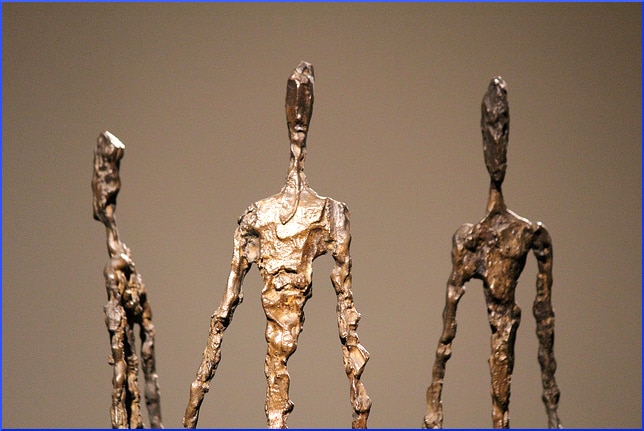
“To the Bone” is a film whose subject matter is recovery from eating disorders. It was written, directed, and produced by Marti Noxon, who is in recovery. The lead character, Ellen, is played by recovering anorexic Lily Collins, so it might seem that such a savvy team would get it right. But no. The movie was excoriated as being tone-deaf, a missed opportunity, devoid of true insight, and right next door to “pro-ana porn.” Somebody even launched a petition attempting to ban it.
With a genetic predisposition to anorexia that endangers her life, and nominally “in recovery,” Lily Collins was coached by a crew of experts through allegedly safe weight loss, in order to more effectively play the role. This manipulation of Collins’s health was the main factor that made heads explode. The last thing anyone in the healing community wants is a message going out to impressionable young people that a skeletal physique can be safely achieved.
According to critics, paring Collins down to toothpick slimness was not even necessary, because that silhouette does not reflect reality. As Jan Rosenberg points out, “Anorexics can be overweight. Binge-eaters can be underweight. Bulimics can fall into both these categories.”
Keanu Reeves plays Dr. Beckham, a highly regarded therapist who insists that Ellen affirm her interest in living, and also requires a commitment to spending at least six weeks as an inpatient. The fictitious facility to which Ellen is admitted has few rules except that, at mealtime, an individual must stay at the table until everyone is done (a rule which, incidentally, is frequently broken with no observable results).
Rosenberg finds a huge flaw: “These patients should not be allowed to know their weight. The numbers only fuel the obsession.” She calls this absurd, implying that no reputable establishment would be run in such a manner.
Some critics are upset that representation is not sufficiently diverse, because the very small cast does not include characters from every possible demographic group. The inpatients are five skinny white females, one skinny white male, and one obese black female. The staff member who searches their luggage on arrival and does other caregiving duties is a portly black woman.
The doctor character earns disapproval for being a Caucasian man, because some people are fed up with the entire patriarchy, including the convention of the godly white male who gets everybody else sorted out and set on the correct path. One of the few things the script got right, apparently, is its depiction of any patient’s terrible fear at the thought of assimilating even a few calories.
Uncredentialed experts
We looked at reviews by three women who know what they are talking about. One is Jan Rosenberg, whose personal history includes bulimia and anorexia, and who has written a stage play about eating disorders. She too objects that the film is not true to reality, because few families can afford expensive private treatment. Others also objected to the depiction of people who can afford inpatient rehab, in a country without single-payer health care.
Survivor Lucy Kelly takes it very seriously indeed, mentioning that anorexia is the most deadly mental illness, with a mortality rate of 20%; and health-wise, even the survivors face a pretty grim future. She accuses the film of trivializing the illness by “encouraging the wholly incorrect view that a bit of positive thinking and self examination is all you need to get back on track.”
Kelly gives a harrowing account of what it’s like to suffer from anorexia:
When the group therapy coordinator spoke of eating disorders as an addiction she was absolutely right. True starvation is a high like no other — it’s the best kind of drug and I never wanted to come down. I’d feel the cells in my body light up like fairy lights on a Christmas tree; my heart would race, my vision would blur, endorphins would fire.
Professor of TV Studies at the University of East Anglia Su Holmes is not a fan of “To the Bone” either, wishing instead to…
[…] move beyond the idea of eating disorders as “body image” problems caused by reading too many women’s magazines — and instead look at the complex ways eating disorders might play out inequalities between genders on a broader scale. As someone who lived with the horrifying and debilitating realities of anorexia for over 20 years, I certainly found little sense of my “truth” here.
Your responses and feedback are welcome!
Source: “What Netflix’s “To The Bone” Gets Dangerously Wrong,” Bust.com
Source: “I had an eating disorder, and To The Bone gets it almost completely wrong,” TheSpinoff.co.nz
Source: “To The Bone: Why Netflix’s portrayal of eating disorders has got it all wrong,” TheConversation.com, 07/26/17
Photo credit: Shinya Suzuki on Foter.com/CC BY-ND

 FAQs and Media Requests:
FAQs and Media Requests: 











